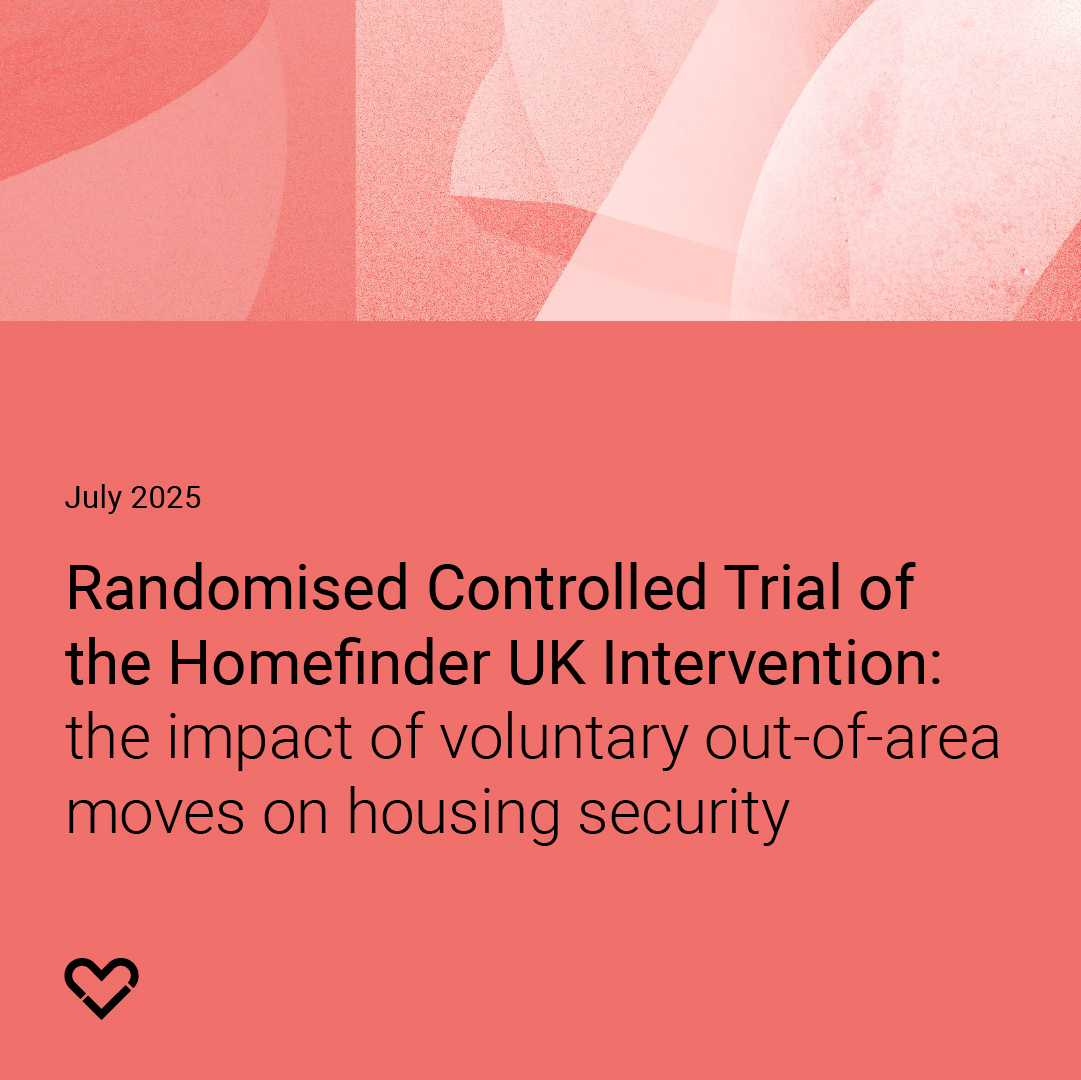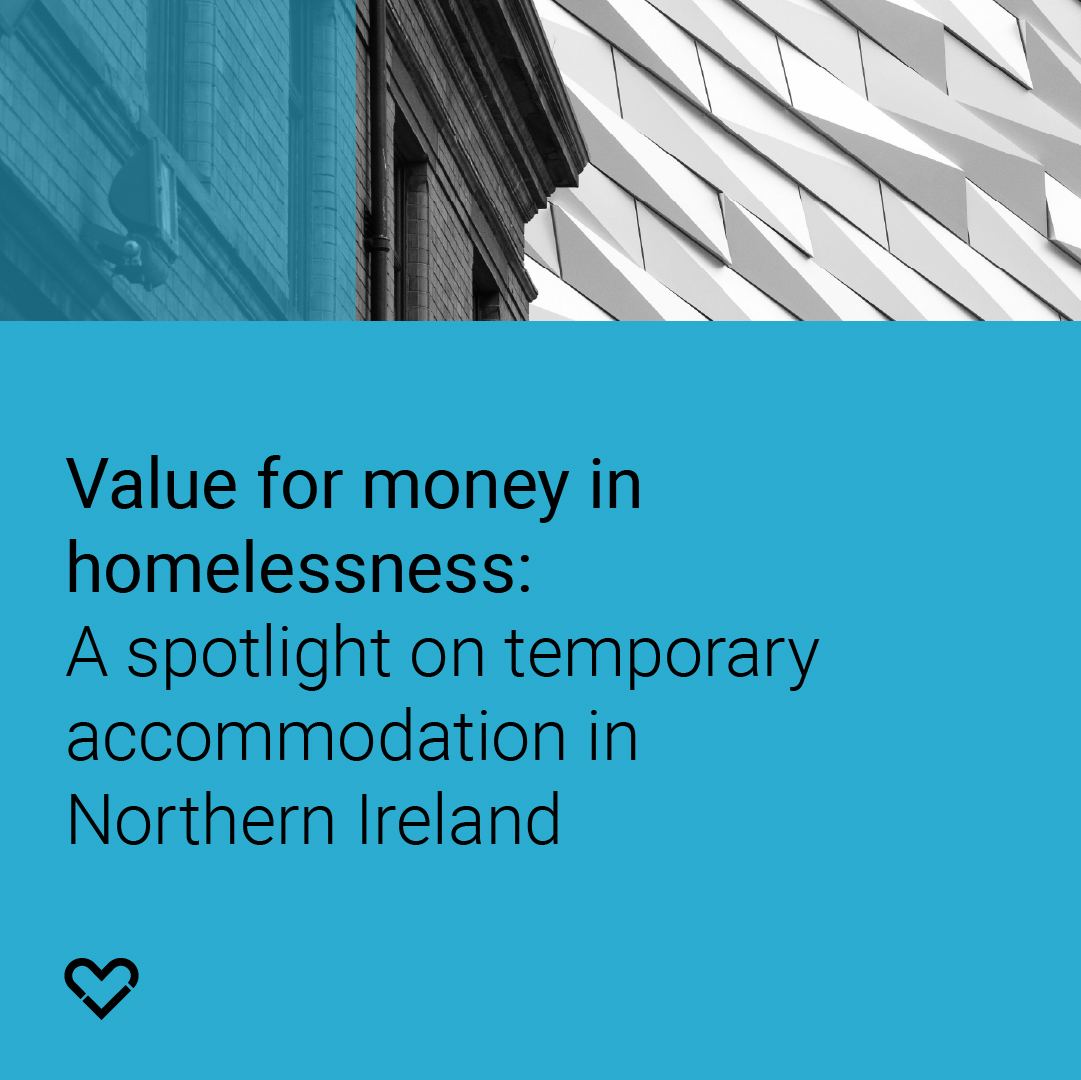Mockingbird: The Family Model for Young People Leaving Care
What we found:
Previous evaluations of Mockingbird found some positive impacts on care leavers' outcomes such as peer relationships and foster carer retention, but remained inconclusive in others such as educational attainment and transitions to permanence.
This evaluation found some evidence that Local Authorities implementing Mockingbird saw an increase in the number of care leavers experiencing homelessness, at least in the short term.
The exact level of the increase is not precisely calculated by our evaluation, but the signs are consistent across a number of approaches.
We hypothesise that the process of setting up Mockingbird could have drawn resources away from other areas, which might have led to this temporary increase in the number of care leavers experiencing homelessness. However, this explanation is highly speculative.
What we recommend:
Local authorities be mindful of this potential risk, and that support for care leavers should be reinforced.
Further research should look at the longer term effects of Mockingbird following larger scale rollouts, including the hypothesis that its set-up might draw resources away from other areas.





.jpg)

